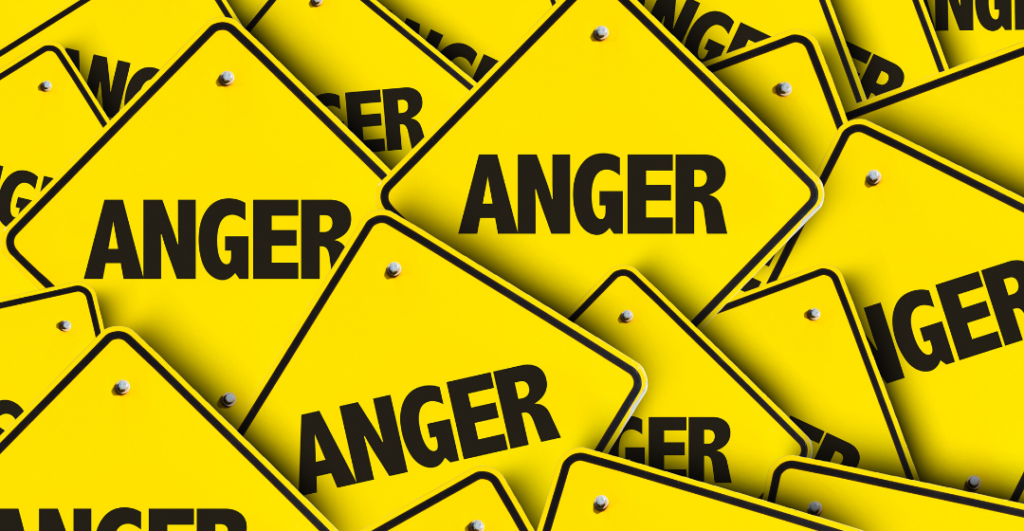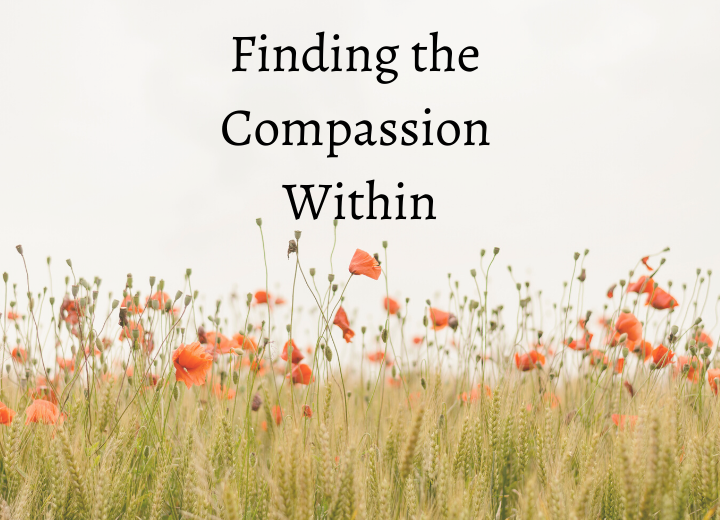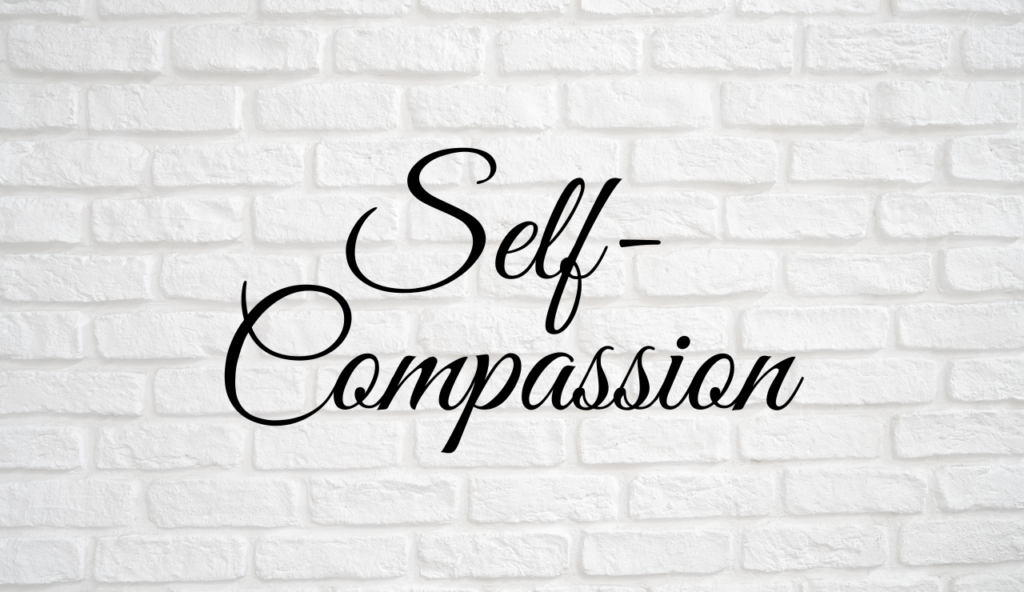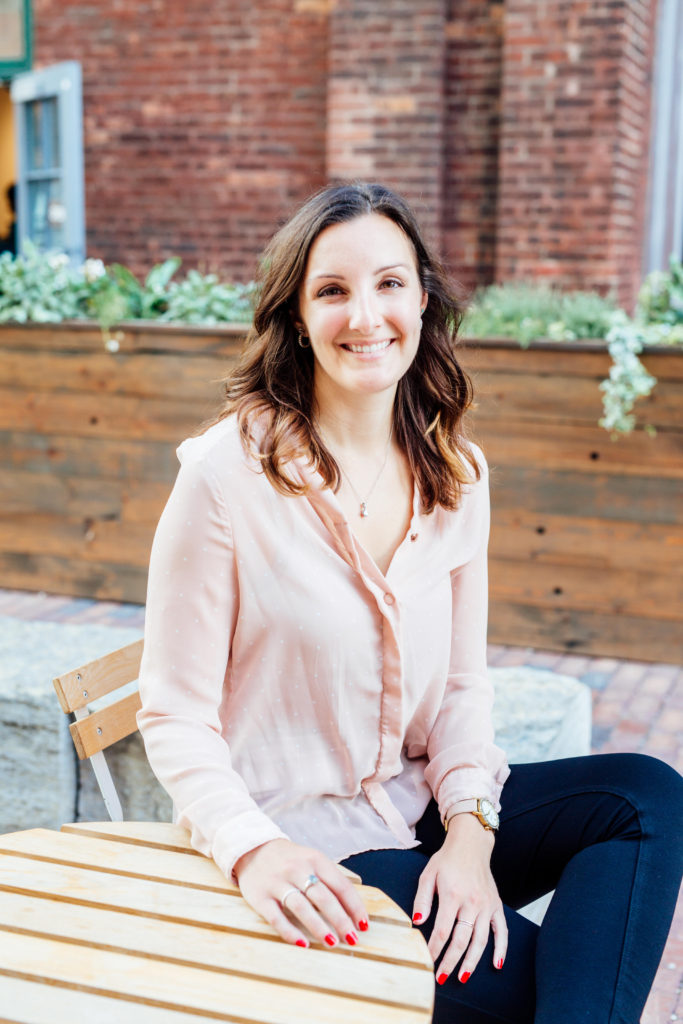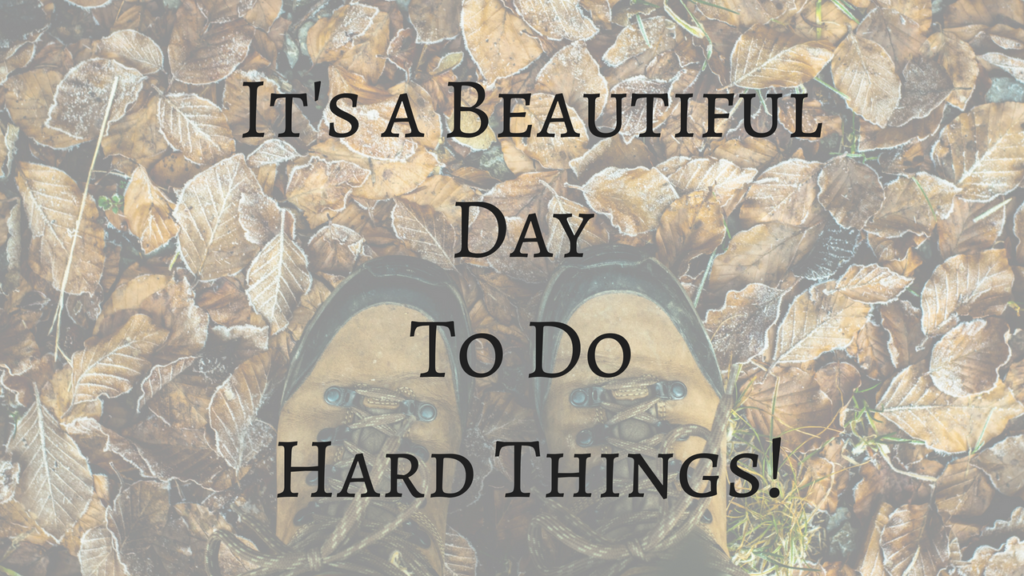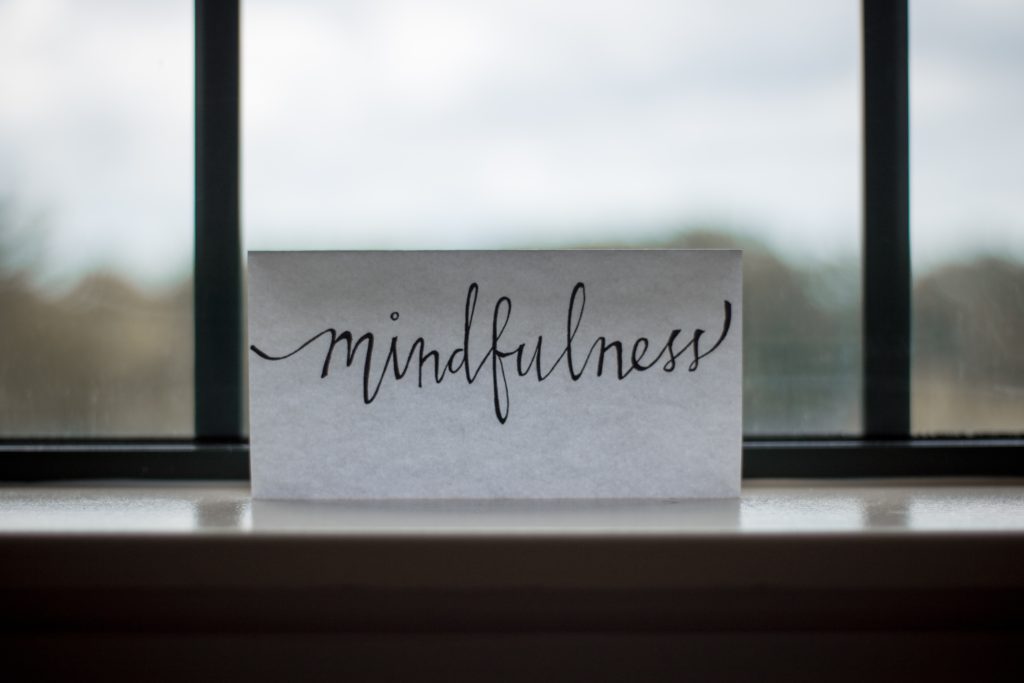Ep. 150: Learning to Trust Yourself

Welcome back to another episode of Your Anxiety Toolkit. Today we are going to talk about a really important topic: learning to trust yourself.
Trust is so important for our feelings of safety and security. So often I hear from people who are experiencing anxiety and depression that they do not trust themselves. Today I want to share with you all a metaphor about trust, that I love, and I think it will help you conceptualize how to look at trust.
This is a metaphor that Brene Brown has talked about a lot. She said that when you meet somebody they have an empty jar (metaphorically) and overtime as they show you in little ways, it might be their consideration, their respect for you, maybe they remembered your birthday, perhaps they sent you a little care package, every time they do something nice for you one marble is placed in the jar. If they do another small thing, you put another marble in the jar and overtime that jar fills up. This is how we experience a sense of trust for that person. Trust is something that grows and it often doesn’t come from the big things. It comes from the teeny tiny things. Maybe a little smile when you are having a hard time, or checking in with you, or holding a safe place for you when you are struggling. So, now that we have that conceptualization that trust is something we build over time, we also need to recognize that when somebody has let us down the marbles may come out. Maybe half the marbles. Maybe all the marbles. Perhaps just one. We can always grow trust back even if someone has betrayed us. If we want to build that trust back up, this involves giving the person a second chance. Often when someone has been very seriously betrayed, they make the choice, “I don’t want to trust that person. I don’t want to ever put myself in that position again.” Whereas other people might say, “well I love this person. I’m willing to take the risk.”
Now, this applies to ourselves too. You begin learning to trust yourself based on the small acts that you do for yourself. It’s about taking care of yourself, making sure you’re well-fed, making sure you’re listening to your body. When you’re frightened, it’s about doing the hard thing instead of the easy thing. Every time we do that we are saying, “I’ve got your back unconditionally even during the difficult times.” Now, just like I said before if you betray yourself, you ignore your needs, and put yourself down, you take out some of those marbles. If I’ve let a friend down or my partner down or my child down, I will intentionally try to regain their trust, and I’ll do it in very small ways. I will be there for them, be kind to them, show up for them. This is the case for myself as well. If I have let myself down, I will need to show up in small ways with the intention that I want to trust myself.
A lot of the time, when I’m doing hard work in therapy with clients, they back down because they tell themselves, “I can’t do this. I can’t.” I tell them this is a matter of trust. You think you can’t because you haven’t in the past. This is a part of the process of learning to trust yourself, and it’s an intention that you need to work on every day. Through those small acts, you’ll get there. There will be days when you lose marbles. We all make mistakes, but we can all stand up and make the intention to build trust again for ourselves. It has to be unconditional. That is where our long-term wellness can benefit. So, I’m going to challenge you to think about how full your jar is for the people around you and the one for yourself and then ask yourself how intentional you are about building up that jar of trust.
ERP School, BFRB School, and Mindfulness School for OCD are all now open for purchase. If you feel you would benefit, please go to cbtschool.com

